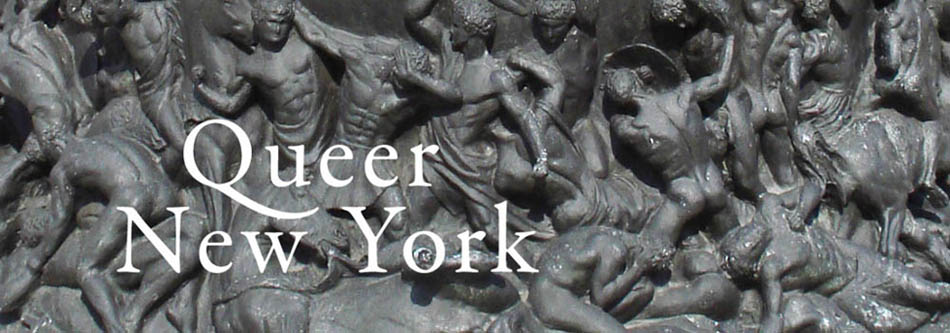"Private Lives Revealed: The Letters of Noel Coward" at St. Ann's Warehouse, December 7, 2009
(photo from Library of Congress collection)
An evening of highlights from his book The Letters of Noel Coward, Barry Day (looking a bit like a Springer Spaniel with his Dickensian sideburns brushing his collar) narrates as Anna Bergman, Patricia Conolly, Edward Hibbert, and Dana Ivey read as Mr. Coward and his correspondents, accompanied by Steve Ross on piano.
Mr. Day opened the evening with a quote from Mr. Coward's dear friend, Lord Mountbatten on the event of Coward's seventieth birthday:
"There are probably greater painters than Noël, greater novelists than Noël, greater librettists, greater composers of music, greater singers, greater dancers, greater comedians, greater tragedians, greater stage producers, greater film directors, greater cabaret artists, greater TV stars. If there are, they are fourteen different people. Only one man combined all fourteen different labels – The Master."
Mr. Day did not dive particularly deeply for this presentation, compared to the depths he explored in his book. It's very much a theatrical focus, starting with letters to and from Mr. Coward and his beloved mother, Viola. Things move quickly as his career advances, to his relationship with the Alfred Lunt and Lynn Fontanne. Gertrude Lawrence is up next, followed by a quick dish on Mary Martin, who clashed with Noel over his "Pacific 1860." A word of advice to her followed on what NOT to say to Princess Margaret.
There's a hop and a skip on to "Stritchie" with a bon mot or two about Dietrich and Garbo. A couple of drive-by barbs take aim at David Niven, Clifton Webb and Ian Fleming as his life shifted to Jamaica. I was sorry that they spent so little time on Mr. Coward's intelligence activities during WWII, since that makes up a major portion of the book. Only a mere mention of his time in Paris felt like such a discount of the years he spent traveling the world on behalf of his country and the war effort. When I read it last summer, I was really surprised and touched over his affection and devotion to "Mother England."
Mr. Hibbert managed nicely, reading as Mr. Coward. Ms. Ivey fared better as Viola than Ms. Stritch and Ms. Conolly's Gertie was lovely. The songs were interspersed effectively, but I thought they should have ended with the more upbeat "I Went To A Marvelous Party" instead of "The Party's Over," though the sentimentality of the latter may have been truer to what Mr. Coward may have done himself.




Dear M, The book itself is such a dreadfully huge inventory, I've never completed it, despite its fascination. Coward kept a New York diary in 1921 during his first trip to the city. In it, he says "For a jolly evening I recommend the Times Square subway station. You get into any train with that delicious sensation of breathless uncertainty as to where you are going. To ask any official is sheer folly, as any tentative question is calculated to work them up to a frenzy of rage and violence.To ask your fellow passengers is equally useless, as they are generally as dazed as you are. The great thing is to keep calm and at all costs to avoid Expresses."
ReplyDelete